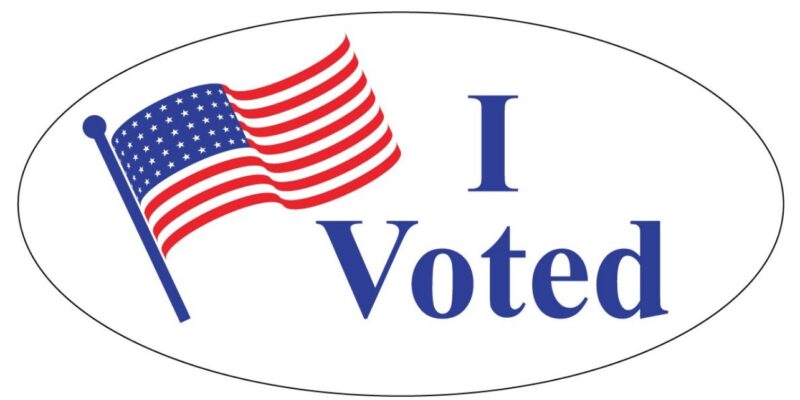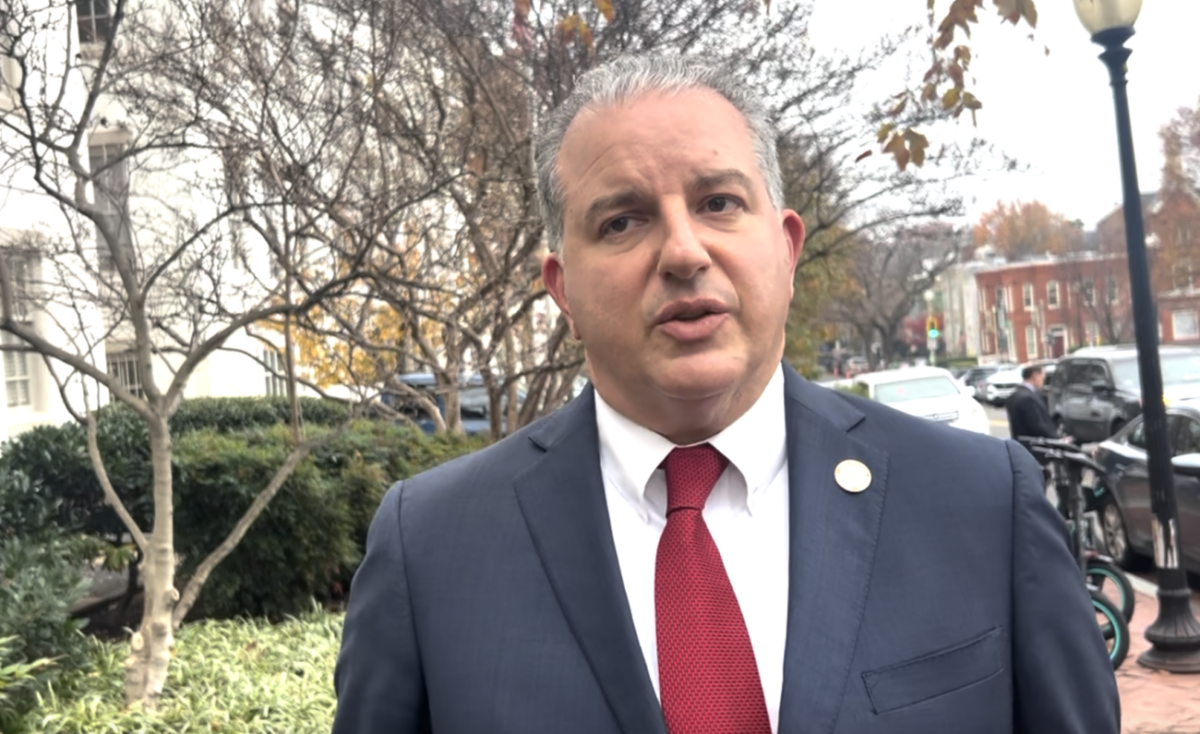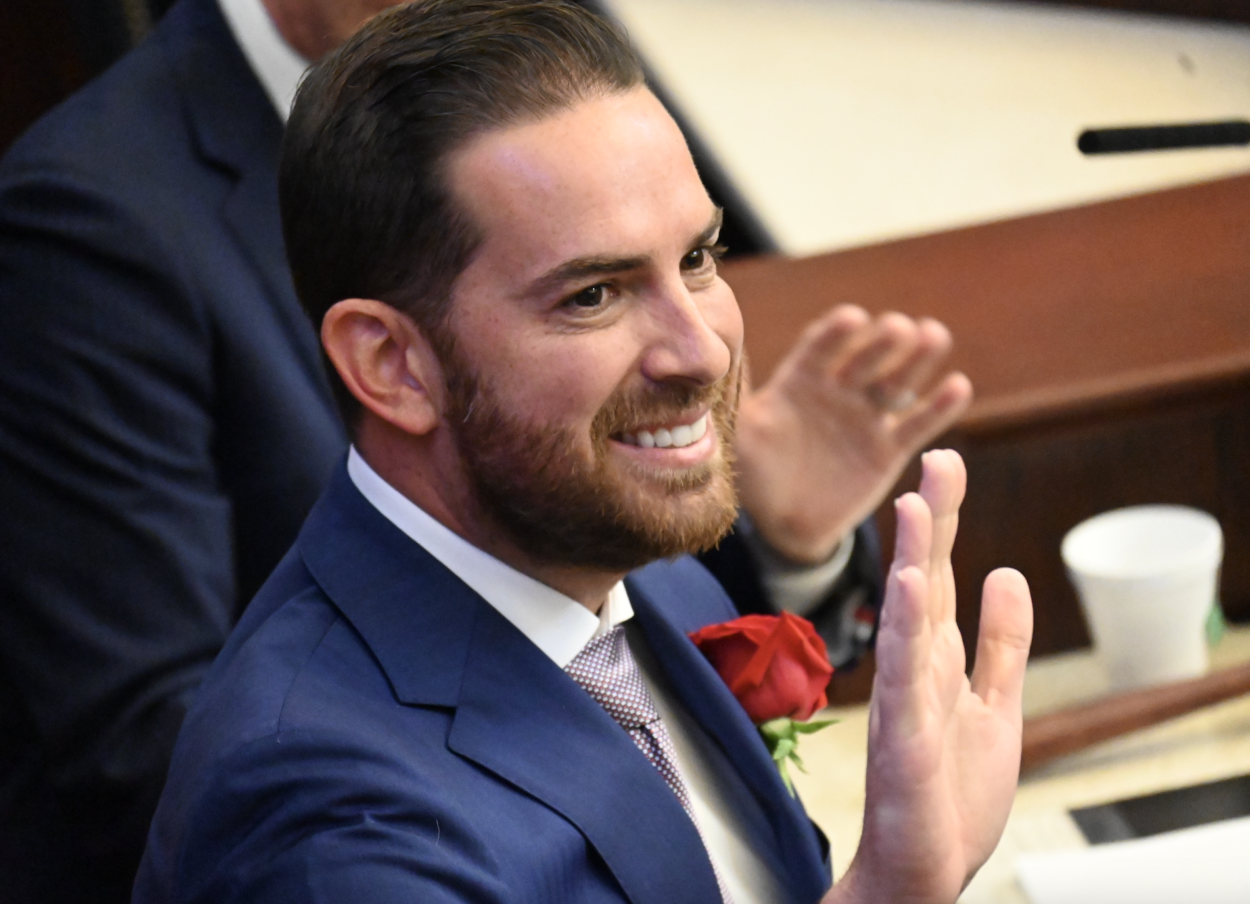TALLAHASSEE --- In a state where razor-thin election margins have become the norm in major races, Democrats are seeking to make inroads by trying to do away with a decades-old Florida law that requires candidates who are of the same party as the governor to appear first on the ballot.
Having Republicans at the top of the ticket in statewide, legislative and congressional races --- and even local races --- puts Democrats at a disadvantage because research shows voters are more likely to pick the candidate who appears first, lawyers representing several national Democratic groups argued Monday in the kick-off to what is expected to be a four-day trial.
Florida’s ballot-position law was enacted 68 years ago, when Democrats controlled the governor’s office and the Legislature.
But as margins in many high-profile elections have narrowed, who comes first is more important than ever, the Democrats argued.
“There’s no secret in politics that where a candidate appears on the ballot matters,” lawyer Abha Kanna, who represents the Democratic National Committee, the Democratic Governors Association, the Democratic Legislative Campaign Committee, Priorities USA, the Democratic Congressional Campaign Committee and other plaintiffs, told Chief U.S. District Judge Mark Walker during opening arguments.
But lawyers for Florida Secretary of State Laurel Lee argued that, while Democrats may not like the law, the statute doesn’t do anything to limit Floridians’ ability to participate in the electoral process.
“People vote for all sorts of reasons and no reasons at all,” Mohammad Jazil, a private lawyer representing the state, told Walker. “The statute, at the end of the day, doesn’t keep a single voter from casting a ballot.”
The Democrats are relying heavily on a report by Stanford University political science professor Jon Krosnik, who studied the impact of ballot position on thousands of elections conducted over the past 70 years.
Listing a candidate’s name first on the ballot “almost always accords that person an advantage in gaining votes,” a concept called a “primacy effect,” Krosnik wrote in a report for the plaintiffs, filed in January.
The primacy effect has been widely studied for many decades, and the “body of accumulated evidence is especially compelling and consistent with the conclusion that candidates listed first on the ballot have an electoral advantage solely as a result of their position on the ballot,” Krosnik wrote.
In Florida, Republican candidates have gained an average 5.35 percentage-point advantage over Democrats by being listed first on the ballot, the professor found. Democratic candidates have gained 4.57 percentage points on average by being listed first, according to Krosnik.
“Candidate name order, governed by Florida’s ballot order statute, is extremely likely to have influenced election outcomes in Florida and is extremely likely to do so in the future,” he concluded.
Nancy Jacobson, a Democratic fundraiser and activist who is one of the plaintiffs in the lawsuit, said she is “harmed” by the statute because “my vote, which is my voice, is being suppressed.”
The law reminds her of obstacles she encountered as a young female lawyer, Jacobson said.
“I always had to run faster, work harder,” she said, adding that she feels her vote “doesn’t have the same value as a Republican vote.”
In November, Republican Gov. Ron DeSantis defeated Democratic candidate Andrew Gillum by four-tenths of 1 percent. And the race between former U.S. Sen. Bill Nelson and former Gov. Rick Scott, a Republican, was even closer. After a statewide recount, Scott emerged the victor, edging out the veteran Democratic lawmaker by just two-tenths of a percent.
Jacobson blamed the Democrats’ narrow losses on the ballot-position law.
But lawyers for the state asked Jacobson a series of questions about her voting choices over the years in an effort to demonstrate the success of some of her preferred candidates, such as Agriculture Commissioner Nikki Fried, a Democrat who was elected in November despite appearing second on the ballot in her Cabinet race.
Heather Williams, the deputy executive director of the Democratic Legislative Campaign Committee, said her organization has to spend more resources on Florida candidates to offset Democrats’ disadvantages because of ballot placement.
“In Florida, we often see that our candidates are polling well … then they underperform” on Election Day, Williams said, also attributing the losses to ballot position.
Democrats are suggesting that elections supervisors use a county-by-county approach in determining ballot positions, where counties are ranked based on the number of registered voters. The counties would be divided into two groups, with every other county being assigned to “group one” or “group two.”
About 53 percent of voters would be assigned to “group one” and 47 percent of Florida voters would be assigned to “group two” under such a system, which is in use in some other states, Williams said.
But Jazil pointed out that the county-by-county system would still result in some Republicans being at the top of the ticket in many races.
Williams conceded that would be the case but said the system “would at least give Democrats the opportunity to be listed first in some districts, which is certainly better than where we’re at today.”
But that’s just one possible way of addressing the issue, lawyers for the Democrats pointed out during Monday’s hearing.
Walker, who refused Democrats’ request last year to impose a temporary injunction against the law prior to the November elections, could rule that it is unconstitutional and order the state to adopt the county-by-county process or come up with its own solution. Or he could propose a remedy of his own.
The ballot-position challenge is one of a variety of election-related lawsuits Walker is overseeing, including several linked to a sweeping elections package approved by the Republican-dominated Legislature in May and signed into law by DeSantis.
One of the legal challenges is focused on provisions in the new law aimed at carrying out a constitutional amendment restoring voting rights to felons who’ve completed their sentences.
Under the new law, Floridians convicted of felonies will have to pay financial obligations related to their crimes --- including restitution, fines and fees --- before they are eligible to have voting rights restored. Voting-rights and civil-rights groups allege the legislation unconstitutionally “creates two classes of citizens,” depending on their ability to pay financial obligations that many don’t even know about.
Another challenge is centered on a part of the new law that requires “sufficient nonpermitted parking” at early voting sites. Plaintiffs in a long-running dispute over campus early voting argue the provision will create an unconstitutional burden on young voters attending colleges or universities.













